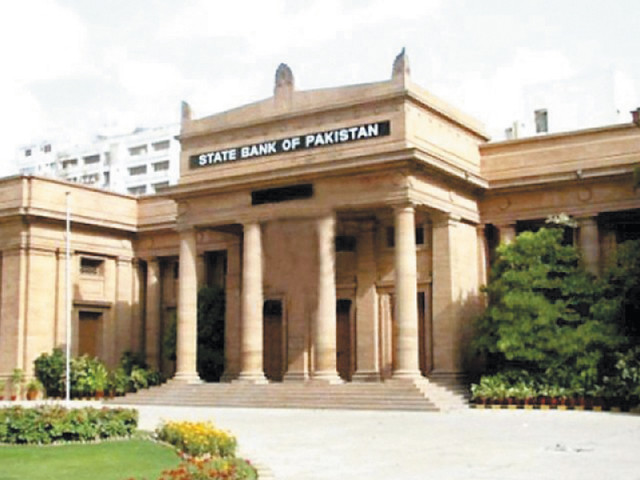Monetary policy blues
Foreign investors are far more likely to invest in the country if interest rates are lowered, not raised.

Given the relatively low readings of inflation over the past few months — and subdued outlook for the coming months — there are really very few excuses for keeping interest rates this high. PHOTO: FILE

The primary reason offered was that, in the absence of sufficient domestic private investment, the country needed to attract foreign investment, which would presumably flow to the country to take advantage of the higher interest rates that the investments might earn in Pakistani fixed income instruments. While this is textbook macroeconomics, it is also a logic that does not apply to the Pakistani context, a fact that the analysts at the SBP are well aware of. In fact, it is the SBP itself that tracks foreign investment inflows into Pakistan, and it is its data that suggests that the flow of foreign investment into Pakistani fixed income markets is so low as to be negligible. By contrast, foreign investment in Pakistani equity markets has been picking up, and those investors are far more likely to invest in the country if interest rates are lowered, not raised. Meanwhile, keeping borrowing costs high is likely to put a damper on what appears to be an economic recovery, as businesses looking to expand find their cost of capital too high. And given the relatively low readings of inflation over the past few months — and subdued outlook for the coming months — there are really very few excuses for keeping interest rates this high.
Finance Minister Ishaq Dar has spent the last few months obsessing over the currency exchange rate and crowing over his recent (and likely, temporary) victory in getting the rate down to the number he wanted. While we are not suggesting that the independence of the central bank should be compromised, we do believe that paying attention to interest rates would have been a better use of the minister’s time.
Published in The Express Tribune, March 18th, 2014.
Like Opinion & Editorial on Facebook, follow @ETOpEd on Twitter to receive all updates on all our daily pieces.


















COMMENTS
Comments are moderated and generally will be posted if they are on-topic and not abusive.
For more information, please see our Comments FAQ